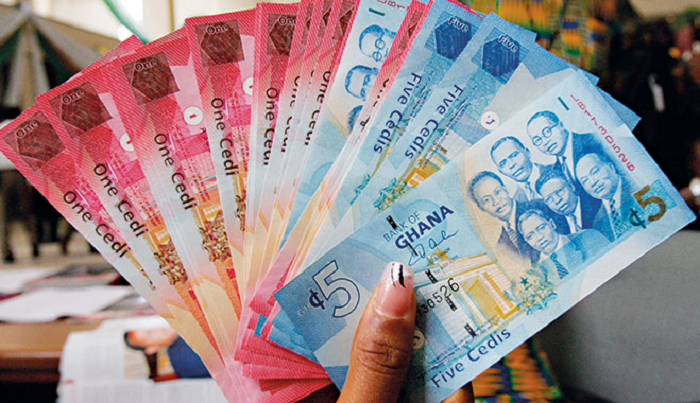
Targets are achievable
The government has introduced a raft of new fiscal measures to raise an additional GH¢1.35 billion in a bid to meet its deficit target of GHc4.5 billion by the end of the year.
Advertisement
The review was to afford the government the opportunity to announce a revision of its economic targets whose key macroeconomic performance and analyses would show the country’s revenue targets and expenditure.
Although the presentation of mid-year budget reviews has often attracted low interest, this year’s attracted a lot of buzz and controversy due to speculations over the possible announcement of an increment in the VAT rate from 17.5 to 21.5
According to the Finance Minister, the overarching goal of the macroeconomic policy was to deepen macroeconomic stability, grow the economy, create jobs and ultimately move the country beyond aid.
The Daily Graphic believes that a focus on key sectors of the economy will spur growth for the benefit of the country.
A look at the budget shows that the educational sector budget increased by 11
We note, however, that most of the increases went into the payment of compensation and consumption, instead of goods and services and capital expenditure, as indicated in the significant increase in the allocation to compensation from 91.4
This raises some concerns about the government’s ability to deal with the infrastructural challenges in our educational sector.
The health sector budget also increased marginally in nominal terms by 4.6
The Daily Graphic is, however, excited that the implementation of private sector participation in the management of the Electricity Company of Ghana will lead to the changing of all postpaid metering at the various ministries, departments and agencies to prepaid ones, except at four "strategic facilities” — the office of the President, the ministries of Defence and the Interior and government hospitals.
We also commend the bold move by the government to conduct forensic audits of companies in priority sectors and undertake audits of multinational enterprises.
The move, for us, will help reshape transactions that result in the nation losing huge amounts from multinational companies.
Even though institutions and business persons are required to withhold and remit to the GRA specified sums from payments made to their suppliers and service providers, most of them do not do so.
For us, even though the budget review contains some bitter tax measures, they are like death which is inevitable. We urge the government to let the people see visible signs of development because we believe that they will be happy and willing to pay additional taxes if they see signs that their taxes are being put to good use.



